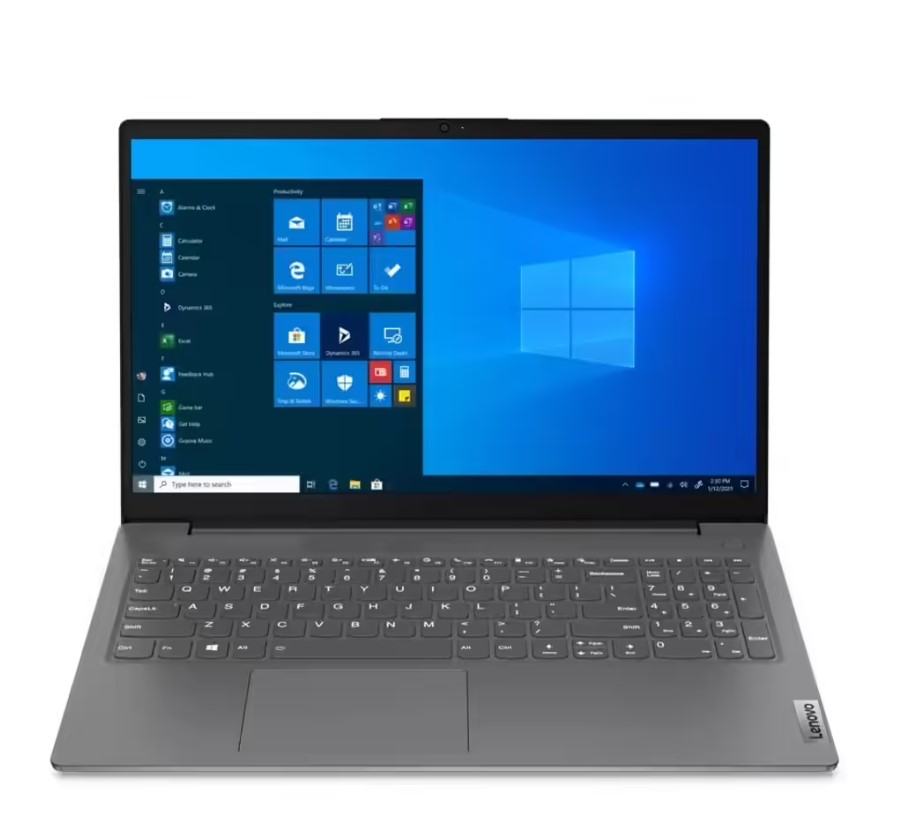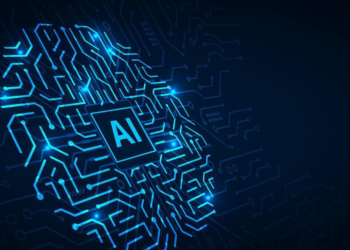HP has rolled out its latest AI-powered laptops in India, marking a major upgrade to its consumer lineup. The newly renamed OmniBook 5 and OmniBook 3—previously under the Pavilion banner—are aimed squarely at students, professionals, and casual users looking for smarter machines that don’t break the bank.
Both models come with dedicated NPUs capable of 50 trillion operations per second (TOPS), integrated AI companions for daily tasks, and battery lives that challenge the norms. But it’s the performance blend and pricing that really catch the eye.
HP Is Betting Big on AI—And It’s Showing
This isn’t some incremental bump. HP’s making it clear: AI PCs aren’t just for high-end users anymore.
The OmniBook 5 sports a sleek 14-inch 2K OLED display and runs on the new Snapdragon X1-26-100 chip. It’s passively cooled, super quiet, and zippy for a thin and light machine. That Adreno GPU inside is no slouch either—streaming, video editing, or just juggling Chrome tabs all feel smooth.
On the other hand, the OmniBook 3 packs AMD’s fresh Ryzen AI 5 340 processor, and offers either a 14-inch or 15.6-inch FHD screen. It’s more traditional in design, but with 16GB DDR5 RAM and Radeon 840M graphics, it isn’t holding back.
And let’s not forget: HP says you’ll get up to 34 hours of battery life on the OmniBook 5. That’s insane on paper—practically a day and a half.

A Quick Glance at the Specs: Side-by-Side Comparison
To make things simpler for readers wondering what fits their needs, here’s a quick table that breaks down the major differences:
| Feature | HP OmniBook 5 | HP OmniBook 3 |
|---|---|---|
| Display | 14″ 2K OLED, 300 nits, Anti-glare | 14″/15.6″ FHD LCD, 250 nits, Anti-glare |
| Processor | Snapdragon X1-26-100 (up to 3GHz) | AMD Ryzen AI 5 340 (up to 4.8GHz) |
| GPU | Qualcomm Adreno | Radeon 840M |
| RAM | 16GB LPDDR5x (onboard) | 16GB DDR5 (2x8GB) |
| Storage | 512GB / 1TB PCIe Gen4 SSD | 512GB PCIe Gen4 SSD |
| Battery | 59 Wh (up to 34 hours) | 41 Wh |
| Weight | ~1.4kg (approx.) | 1.7kg |
| Price (Starting) | Rs. 70,990 | Rs. 68,478 |
Sustainable Materials, Smarter Design
Here’s something you don’t often hear in a specs sheet—ocean-bound plastics.
Both OmniBook models were built with recycled and renewable materials, part of HP’s push towards greener electronics. That includes reclaimed metals and non-virgin plastics, cutting down on waste without sacrificing style.
And they look good. Glacier Silver is clean, minimal, and professional enough for office or campus.
Copilot+PCs: What That Actually Means for Users
Yes, the Copilot+PC tag is more than just branding.
Thanks to the dedicated NPU, tasks like live transcription, summarizing documents, enhancing video calls, or even image editing happen quicker, and without hitting the CPU or battery hard.
You can expect:
Instant access to Microsoft Copilot for contextual help and search
AI-enhanced webcam features like lighting adjustments and noise reduction
The new HP AI Companion software for personalized performance tuning and tips
And with Windows 11 Home preinstalled, you’re already in the loop for Microsoft’s AI rollout—no updates needed.
Market Strategy: Pricing and Availability
This is where things get interesting.
The OmniBook 5 starts at Rs. 70,990 for the 512GB version, while the 1TB variant is just Rs. 74,990—both available on Amazon India and through physical stores like HP World, Croma, and Reliance Digital.
Meanwhile, the OmniBook 3 comes in a bit cheaper, starting at Rs. 68,478. It’s already live on HP’s official online store and available across multiple offline retailers.
There’s a very tight pricing gap here, which makes the buying decision less about money and more about what kind of user you are.
What HP Is Really Saying with This Launch
Vineet Gehani, HP India’s Senior Director of Personal Systems, summed it up best: they want to bring AI to the average Indian user.
And it’s not just lip service. These machines are priced smartly, specced decently, and even built responsibly. Whether it’s long battery life or smart design choices, HP’s looking to tick all the right boxes.
Could this be a turning point where AI laptops stop being premium toys and start being, well… laptops? That remains to be seen.
But HP’s certainly pushed the first domino.



















